Born against a background of privation and civil war, divided along lines of caste, class, language and religion, independent India emerged, somehow, as a united and democratic country. This remarkable book tells the full story-the pain and the struggle, the humiliations and the glories-of the world’s largest and least likely democracy. While India is sometimes the most exasperating country in the world, it is also the most interesting. Ramachandra Guha writes compellingly of the myriad protests and conflicts that have peppered the history of free India. But he writes also of the factors and processes that have kept the country together (and kept it democratic), defying numerous prophets of doom who believed that its poverty and heterogeneity would force India to break up or come under autocratic rule. Once, the Western world looked upon India with a mixture of pity and contempt; now, it looks upon India with fear and admiration. Moving between history and biography, the story of modern India is peopled with extraordinary characters. Guha gives fresh insights on the lives and public careers of those longserving Prime Ministers, Jawaharlal Nehru and Indira Gandhi. There are vivid sketches of the major ‘provincial’ leaders whose province was as large as a European country: the Kashmiri rebel-turned-ruler Sheikh Abdullah; the Tamil film actor-turned-politician M.G. Ramachandran; the Naga secessionist leader Angami Zapu Phizo; the socialist activist Jayaprakash Narayan. But the author also writes with feeling and sensitivity about lesser known (though not necessarily less important) Indians-peasants, tribals, women, workers and musicians. Massively researched and elegantly written, India After Gandhi is a magisterial account of India’ rebirth, and the work of a major scholar at the height of his powers.
Patriots, Poets and Prisoners: Selections from Ramananda Chatterjee’s The Modern Review 1907-1947
Founded in 1907 by the ...
$40.50
$45.00


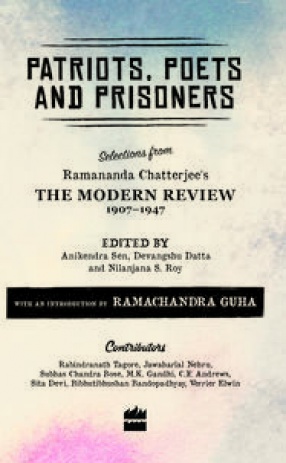
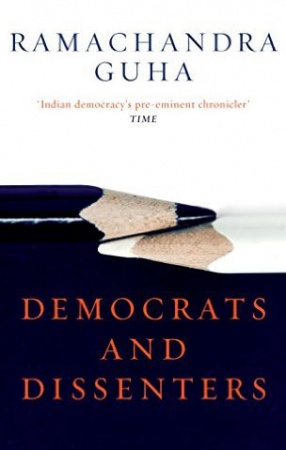
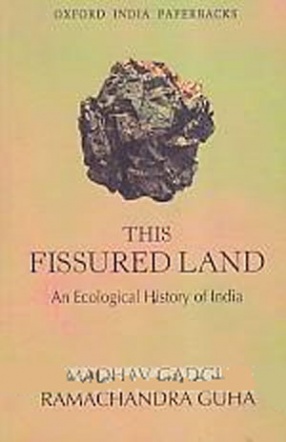
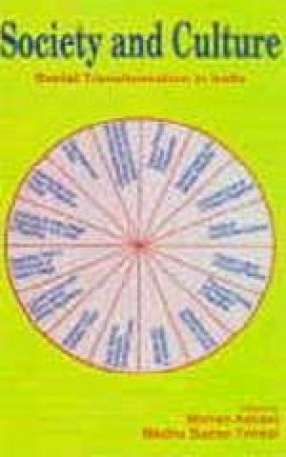
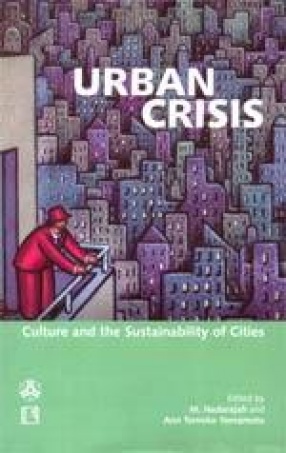
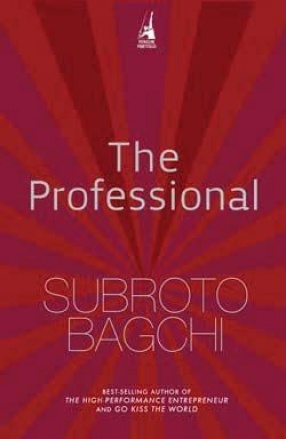
There are no reviews yet.